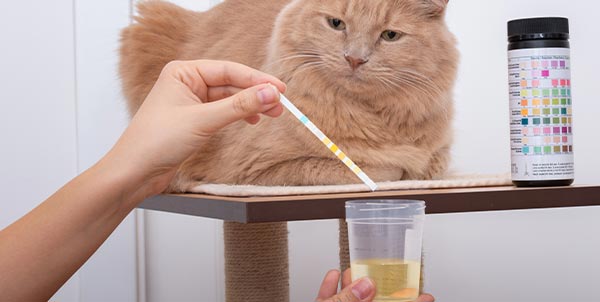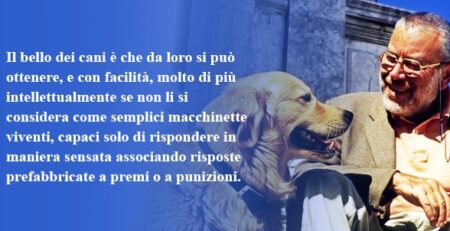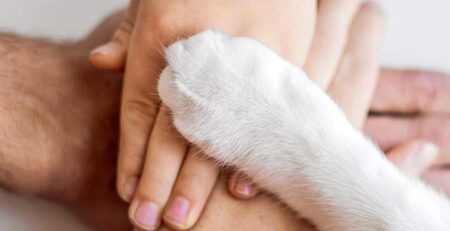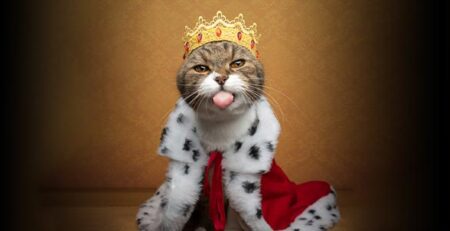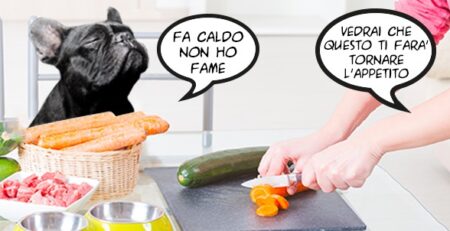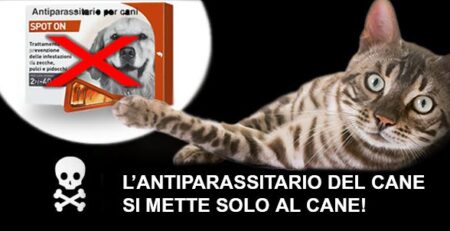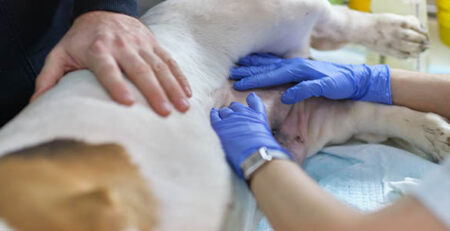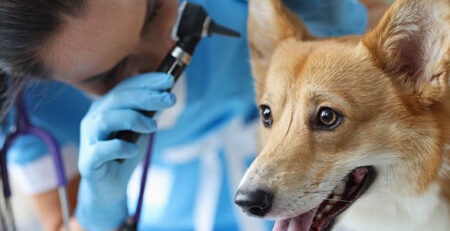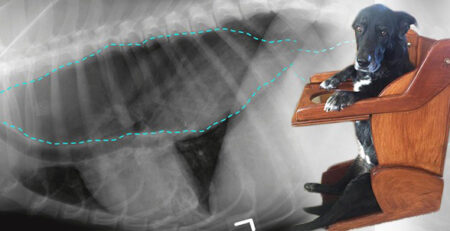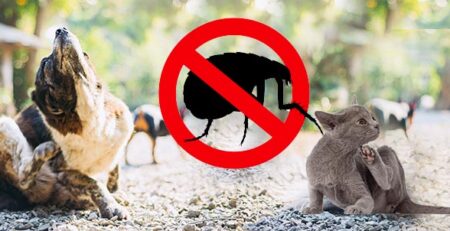Struvite stones in cats are among the most common problems that can affect the urinary tract of our feline four-legged friends.
Struvite is a mineral composed of a combination of ammonium, phosphate, and magnesium, commonly found in urine but in low and harmless dosages.
However, in some cats the struvite crystals eventually aggregate, creating stones within the urinary tract.
Stones cause the cat to suffer from annoying inflammation and painful obstruction with even serious consequences.
The symptoms of struvite are similar to those of cystitis
Cats suffering from struvite often show the generic symptoms also typical of cystitis: painful, short and frequent urination, even outside the litter box, and blood in the urine.
In addition, intense vocalizations during urination are symptomatic of a distressed condition in the cat.
Associated with this, there may be continuous licking of the genital area that the cat performs in a vain attempt to soothe the inflammation and irritation as well as the posture it assumes: arched back, spread legs, head tilted forward.
The causes of struvite
Struvite stones can form in the presence of bacterial infections of the urinary tract.
Some bacteria produce an enzyme called
urease
.
Urease raises the pH of urine: struvite is soluble at a pH less than or equal to 6.6.
Unable to dissolve, struvite crystals precipitate and aggregate.
For the crystals to dissolve, it is necessary for the urine to have a pH below 6.1.
In many cases, however, this mineral forms agglomerates even in the absence of infection
The causes are not yet entirely clear, but factors have been identified.
- stress
- overweight and obesity
- Poorly controlled diet, in particular excessively high in magnesium and calcium
- low water intake
- Genetic factors (struvite stones, for example, are very common in Persian cats)
The diagnosis of struvite
To issue the diagnosis, your Veterinarian will perform urinalysis of your cat’s urine and an ultrasound examination may be necessary to assess the presence of stones.
Depending on the diagnosis and the presence or absence of urethral obstruction, the Veterinarian will decide whether to treat the cat pharmacologically or proceed with deobstruction first.
In any case, drug therapy is effective when assisted by a specially formulated diet.
The role of nutrition: prevention and maintenance against relapse
Nutrition is the best of cures.
In general, a specific diet includes foods that lower urine pH and reduce magnesium, ammonium and phosphorus levels.
A diet formulated in this way is responsible for altering the pH of urine and its chemical composition in a way that allows stones to dissolve naturally in a gradual manner and prevents their formation.
With proper diet, struvite stones should dissolve within a few months and recurrences can also be avoided.
An additional precaution to be taken is to increase the amount of water our cat drinks to make his urine less concentrated.
To keep urine parameters under control and detect new stones, you should have your cat checked regularly.
Veterinary doctors on our staff are always available for consultations and regular visits.
We also remind you that in case of need and urgency Clinica La Veterinaria is always open h24 every day including holidays and with First Aid service from 8 pm to 8 am.
For the joy of seeing them HAPPY

